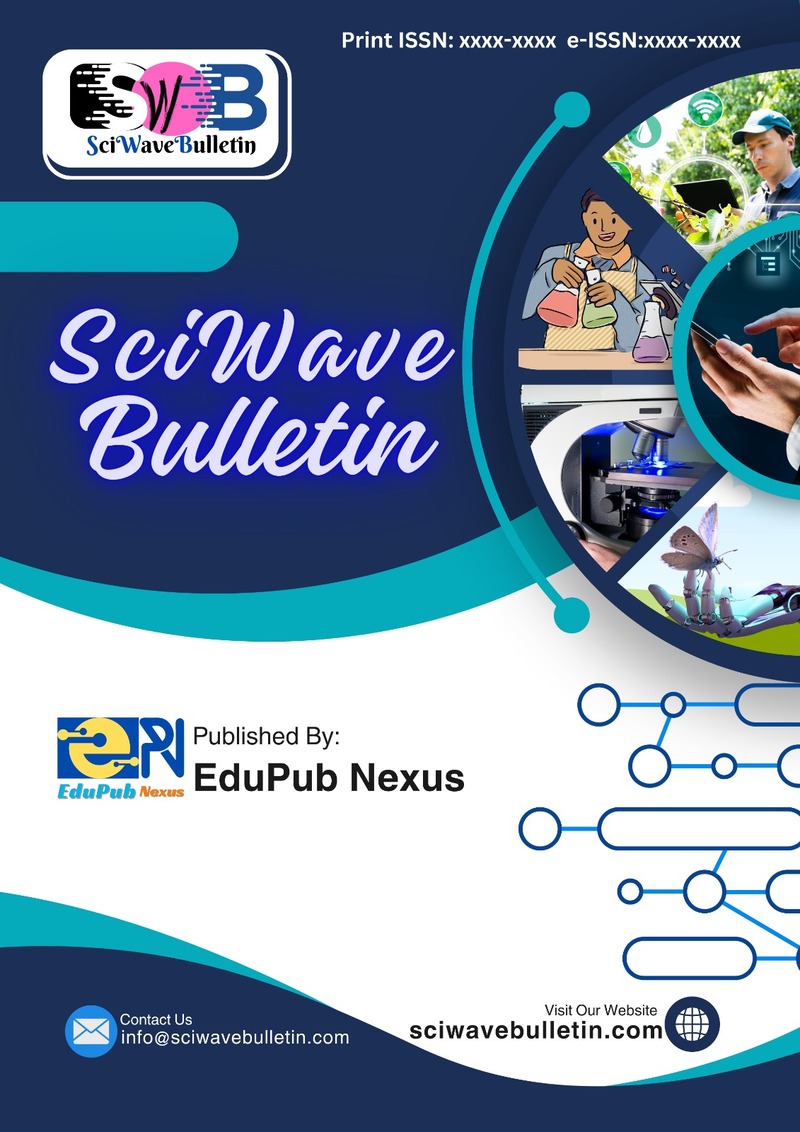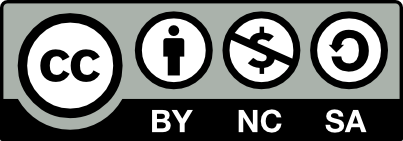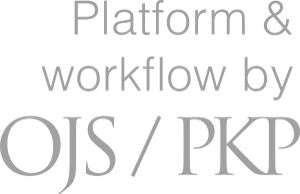Quantum Power Flow: Revolutionizing Power Systems Analysis
DOI:
https://doi.org/10.61925/SWB.2023.1201Keywords:
Quantum Power Flow, Power Systems Analysis, Quantum Computing, Computational Efficiency, Renewable Energy IntegrationAbstract
This research investigates the transformative potential of Quantum Power Flow (QPF) in power systems analysis. Leveraging quantum computing principles, the study explores quantum algorithms for power flow simulations to enhance computational efficiency and solution accuracy. The Quantum Power Flow method is introduced, addressing challenges arising from the growing complexity of power systems, especially with increased renewable energy integration. The mathematical foundation of the Quantum Power Flow method is detailed, emphasizing quantum parallelism and computational advantages. Experimental validation, simulations, and research case studies collectively establish the practical viability and versatility of the proposed quantum approach. A 5 and 3-bus power system case study illustrates its applicability.
Acknowledging current quantum computing challenges, including error susceptibility, the study highlights ongoing advancements and error correction mechanisms' potential to overcome limitations. The research concludes by discussing broader implications of quantum power system analysis and outlining future research avenues. In summary, this research comprehensively explores Quantum Power Flow, offering theoretical insights and practical demonstrations. As quantum computing evolves, this study contributes to the paradigm shift in power system analysis, opening new horizons for research and application.







.png)


